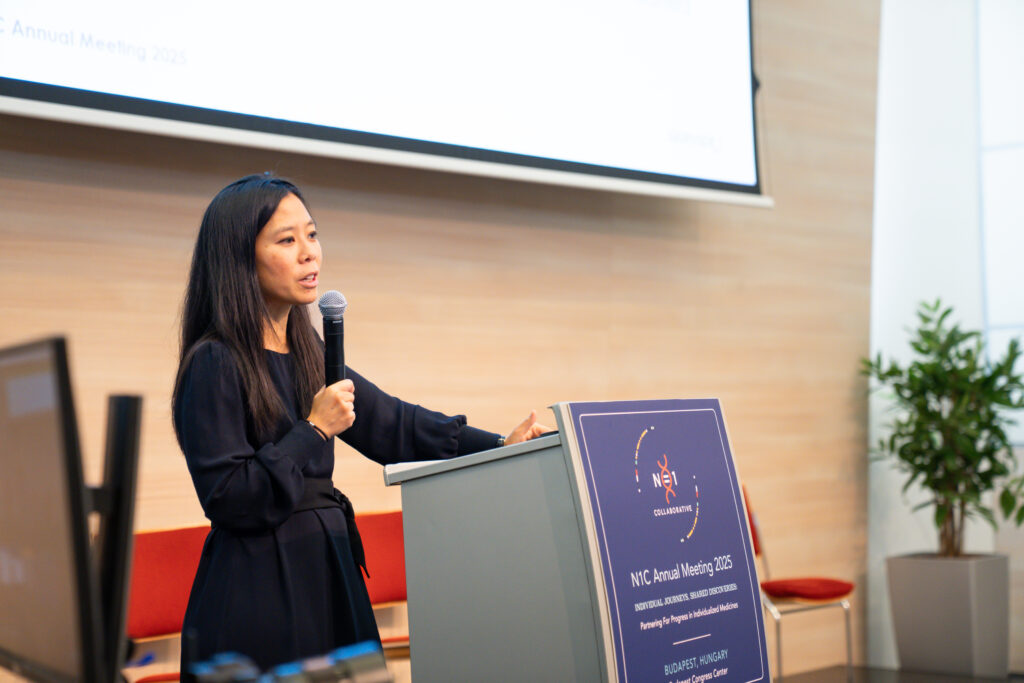As research in RNA therapeutics accelerates globally, Servier is expanding its work in this promising area through dedicated programs in neurology. At the forefront of these efforts is Hélène Tran, Director and Head of Antisense Oligonucleotide (ASO) Programs, who leads the company’s initiatives to explore how antisense oligonucleotides can address neurological disorders.
With an academic background in RNA biology focused on myotonic dystrophy and amyotrophic lateral sclerosis (rare neuromuscular diseases), Hélène has long been interested in how disruptions in RNA metabolism contribute to disease mechanisms. Her early academic research on experimental therapies eventually led her to the pharmaceutical industry, where she saw an opportunity to translate scientific advances into tangible treatments.
At Servier, she built the company’s ASO program from scratch. What began as a small, dedicated team has grown into a robust and structured platform capable of supporting multiple projects across various disease areas. This evolution reflects not only her vision but also the collective expertise and commitment of the ASO team, who work cross-functionally to align therapeutic strategies with patient needs from the earliest stages of development.
Building on this progress, the team recently took part in the Oligonucleotide Therapeutics Society (OTS) Annual Meeting in Budapest – one of the key international gatherings for researchers and industry experts in Oligonucleotide therapeutics, where they showcased their latest advancements in early-stage ASO research through a series of poster presentations.
In connection with the OTS Annual Meeting, Hélène also participated in the N1C Annual Meeting, an initiative focused on advancing individualized medicines for ultra-rare diseases. Her keynote explored strategies and insights for effectively scaling preclinical development to accelerate innovation. She also joined a roundtable discussion on career transitions, offering insights to young scientists moving from academia to industry.
Hélène’s work and her team’s contributions at the OTS and the N1C Annual Meetings reflect Servier’s broader commitment to advancing neurological research through innovative modalities. By fostering collaboration and sharing insights across the scientific community, they continue to help shape the evolving landscape of oligonucleotide therapeutics – where each advance brings the potential to reach patients with conditions that remain without effective treatment.

